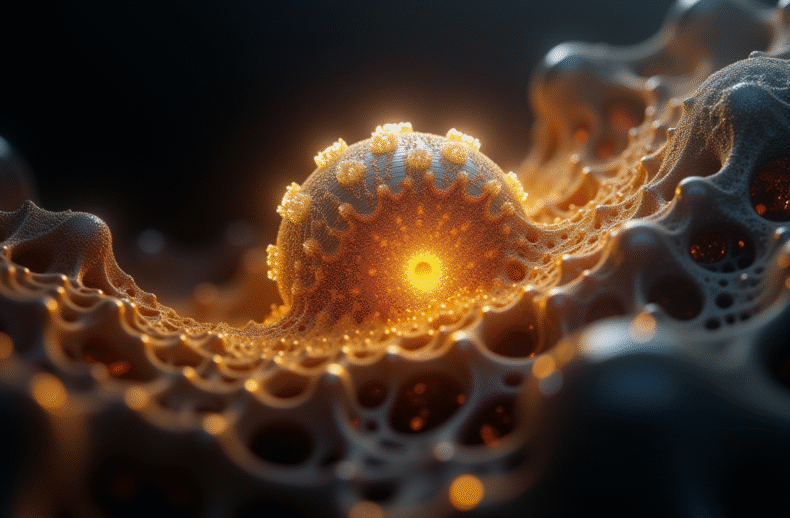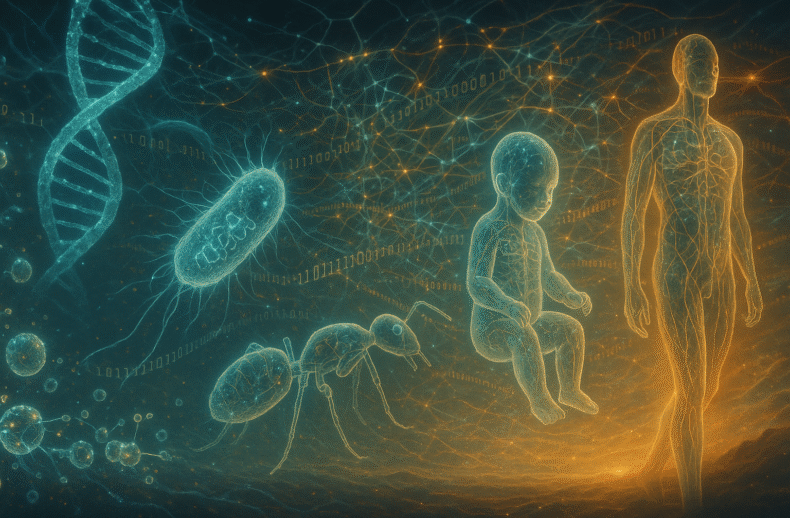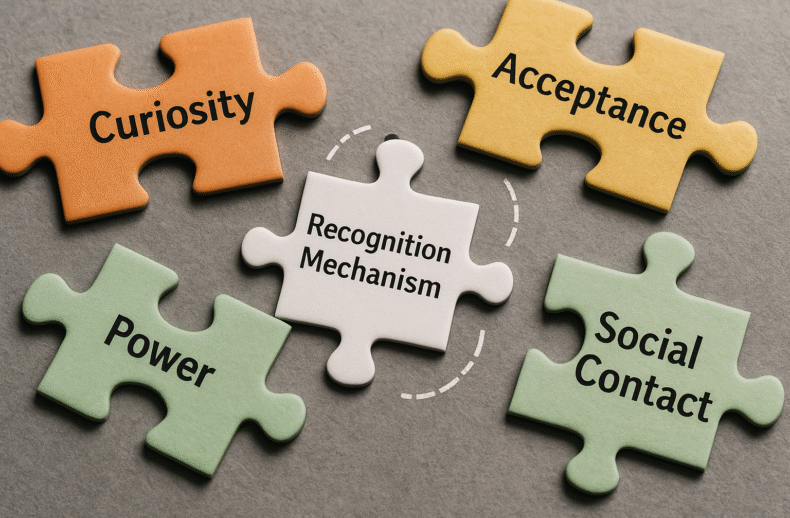While classical entropy describes the universe’s descent into disorder, Evolutionary Entropy reveals its hidden counter-force: the selective collapse of chaos into form. In open systems, where energy flows and selection occurs, only configurations that persist and cohere remain. Evolutionary Entropy is the scientific backbone of Eidoism — the law by which Form survives.






